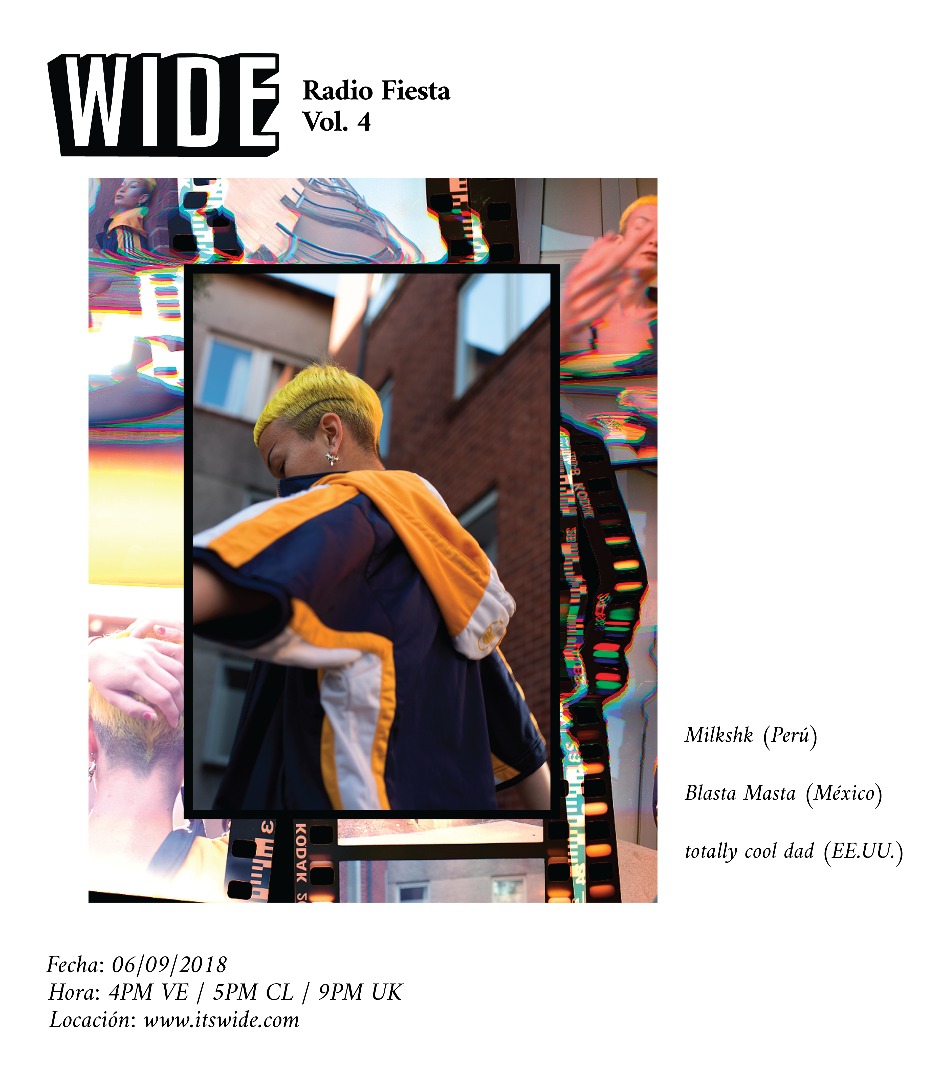Jorja Smith
Bringing fresh air into classic genres, this most talented young woman from Warsall, England, plays the way of the old trick: so old, you wouldn’t believe she pulled it off, and strikingly new, as she actually managed to steal away the ground below our feet. And, oh, is it pleasant to be swept off by her voice, gently alternating between the throaty-and-metal and the velvety, almost ASMR-y (for lack of more suitable adjectives) and the wonderfully orchestrated mixes that canvas it.
It’s nice to see things how things neatly unfolded for her: her musical training polished her voice to a state of mastery, a loyal manager encouraged her creative process to mature and bear fruit and then she made friends with Drake and Kali Uchis (!!!), reaching heights with a slow and steady pace.

Usually, pop music gets you right in the doxa: the almost self-evident and very predictable “general opinion”. As a “standard musical sensibility”, pop carries some cute old ways, having a natural corniness and nostalgia to it. Our English 20yrold comes through with a very pop take on familiar genres – let’s say, your typical R&B and Soul (with the easy bars and heartfelt melodies granted) – but then she takes what would first seem much like a dead horse on a dash of magnificent strength and youthful heat. As Banksy[1] said: “The great artists steal”. Smith has accomplished this by bringing vibrant new colour upon weary shapes. Not “repetition”, but appropriation and creation.
Some might see her continuation of these genres as a mere iteration, but oh, you’d be thinking about her work in the wrong way. Her work isn’t about “what you’d expect from our current musical context”. Reason never has the last word in art, for art is about feeling. Isn’t it good to know you can still do that? Honestly, I’d nearly forgotten.
In 2007 she casually questioned musical subcultures, and empathized with their badly bent young masculinities in “Blue Lights”. In 2016 she gave us a breath-taking banquet of feminine sensuality and disillusionment with “Where did I go?”. By 2017, she echoed the feminist chant with the witty “Beautiful little fools”. Maybe the questions she poses seem all too fitting of our day and age, but then we wouldn’t be listening: we wouldn’t be feeling it. And it’s right in the feeling where art saves us, in being able to cast these very reasonable doubts in beautiful sounds, and connect again with the beauty in human beings and their lives.
Sound-wise, there’s a great match between her and Prash Mistry: their classical music backgrounds conspire to bring forth brilliantly executed, melodically complex pieces that set the mood thoroughly, like a perfectly incarnate idea. From a production standpoint, every technicality is meticulously attended to: stereo image and equalization are top notch, and we see a very refined playfulness when it comes to hidden details, sudden splashes of foreign sounds come to dance around the beefy, solid melodies and chords. There’s no disparity between the voice that sings and the instrumentation, reaching to an apollonian perfection, and still so full of feeling.




